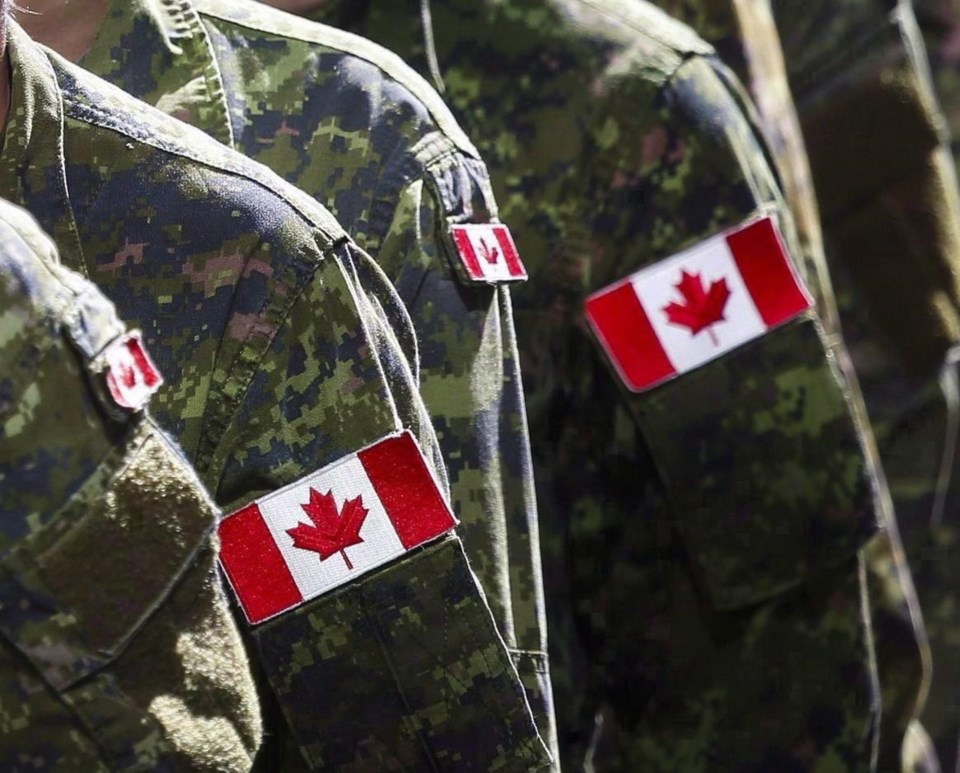EDMONTON — The Alberta government says it's investing more than $3 million on rehabilitation and research for military veterans with post-traumatic stress disorder.
Advanced Education Minister Demetrios Nicolaides said Friday that the money will support the Heroes in Mind, Advocacy and Research Consortium program at the University of Alberta.
Founding members of the consortium include the Faculty of Rehabilitation Medicine, Alberta Health Services' Glenrose Rehabilitation Hospital, Canadian Armed Forces, Department of National Defence and Veterans Affairs Canada
The group supports military members, veterans, public safety personnel and others with PTSD through new and innovative treatment options, including the use of virtual reality.
"It is no secret that our military service members and first responders undergo significant stress during their service. In 2019, a survey found 24 per cent of Canadian veterans reported symptoms of post-traumatic stress disorder," Nicolaides said at a news conference on the University of Alberta campus.
"PTSD is an increasingly complicated condition and two-thirds of veterans with PTSD continue to struggle after receiving traditional therapy such as medication or counselling."
Alberta is to provide $750,000 a year for the next five years.
The program uses motion-assisted, multimodal memory desensitization and reconsolidation, also known as 3MDR.
"In this virtual-reality supported walk-and-talk psychotherapy … patients experiencing post-traumatic stress injuries walk on a treadmill while viewing personally selected images that they choose themselves of their trauma," said Suzette Brémault-Phillips, director and lead researcher at the consortium.
"As they process their memories, they experience and name emotions. It's all in a very safe environment with a therapist standing beside."
Nicolaides said response from some patients so far has been positive, with some saying that they have their lives back.
"This research is helping to improve function, relationships and quality of life for so many service members. And the brilliant thing about this research is when something works, we can share the incredible discoveries."
Nicolaides said as part of the agreement, the consortium will work with Alberta Health Services on 3MDR to train more mental health professionals across the province.
This report by The Canadian Press was first published April 21, 2023.
— By Bill Graveland in Calgary
The Canadian Press



